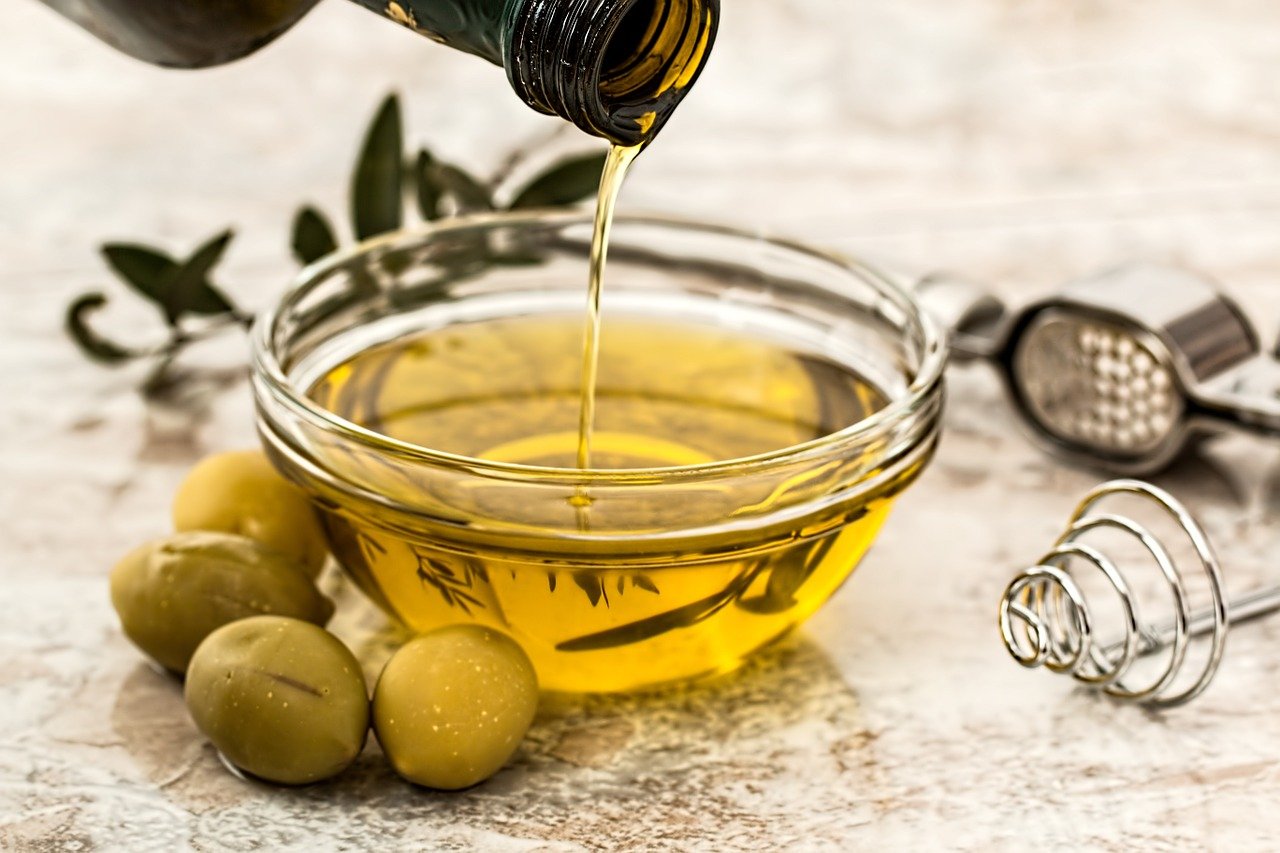
Olive oil, a staple in Mediterranean cuisine, has long been revered for its health benefits, culinary versatility, and rich history. But with terms like “virgin” and “extra virgin” floating around, it’s easy to get lost in the jargon. This comprehensive guide aims to demystify these terms, offering a deep dive into the world of olive oil.
1. The Olive Oil Legacy:
Detailed Analysis: Olive oil’s history traces back to ancient civilizations, where it was used not just for culinary purposes but also for medicinal, religious, and cosmetic reasons. Its rich heritage is a testament to its enduring appeal and myriad benefits.
2. Understanding the Basics: Virgin vs. Extra Virgin:
Detailed Analysis:
- Extra Virgin Olive Oil (EVOO): The gold standard of olive oil. EVOO is derived from the first pressing of olives, ensuring a flawless flavor profile, high phenolic antioxidant content, and no defects.
- Virgin Olive Oil: Produced similarly to EVOO but might come from later pressings. It has a slightly higher acidic content and a less pronounced flavor, indicating minor defects.
3. The Production Process Unveiled:
Detailed Analysis: Both types of oil are produced using mechanical methods without chemicals. The key difference lies in the quality of olives used and the processing conditions, which determine the oil’s acidity and flavor.
4. Nutritional Insights and Health Benefits:
Detailed Analysis: Both EVOO and virgin olive oil are rich in monounsaturated fats, promoting heart health. EVOO, with its higher antioxidant content, may offer added protection against inflammation, oxidative stress, and chronic diseases.
5. Culinary Adventures with Olive Oil:
Detailed Analysis: EVOO, with its robust flavor, is ideal for dressings, dips, and drizzling. Virgin olive oil, being milder, is versatile and can be used for sautéing, grilling, and even baking.
6. Storing Secrets for Optimal Freshness:
Detailed Analysis: Exposure to light, heat, and air can degrade olive oil. Store in a cool, dark place in airtight containers. While EVOO can retain its quality for up to 20 months, virgin olive oil should be consumed within 14-16 months.
7. Making the Right Purchase:
Detailed Analysis: Authenticity is crucial. Look for certifications, harvest dates, and origin details. EVOO is pricier due to its premium quality, but it’s a worthy investment for its unparalleled flavor and health benefits.
8. Debunking Olive Oil Myths:
Detailed Analysis: Contrary to popular belief, high-quality EVOO can withstand high cooking temperatures, making it suitable for various cooking methods, from frying to roasting.
9. FAQs:
Detailed Analysis:
- What sets EVOO apart from regular olive oil? EVOO is made from the first pressing of olives and has a distinct taste and aroma.
- Can I use virgin olive oil for deep frying? Yes, its smoke point is suitable for frying, but EVOO offers a richer flavor.
- How can I verify the authenticity of EVOO? Look for certifications, taste for a fresh, slightly peppery flavor, and check the harvest date.
- Is olive oil good for skin and hair? Absolutely! It’s hydrating and packed with antioxidants.
- Why is EVOO more expensive? It’s due to the stringent production process and the high quality of olives used.
- Can olive oil go bad? Yes, it can turn rancid if not stored properly.
- What dishes are best suited for EVOO? Salads, pastas, bread dips, and Mediterranean dishes.
- How does virgin olive oil affect heart health? It’s rich in monounsaturated fats, which can reduce bad cholesterol levels.
- Can I bake with EVOO? Yes, it can add a rich flavor to baked goods.
- Is olive oil safe for pets? In moderation, it can be beneficial for their coat and digestion.
Conclusion:
Virgin and extra virgin olive oils, while similar, have distinct characteristics that cater to different needs and preferences. Whether you’re a culinary enthusiast or someone looking to enhance your health, understanding these oils can elevate your cooking and well-being.
Blog Tags:
Virgin vs. Extra Virgin, Olive Oil Guide, Health Benefits, Culinary Uses, Olive Oil Myths, Olive Oil Production, Olive Oil Storage, Olive Oil Selection.
Meta Description: Explore the intricate world of olive oil with our detailed guide on Virgin vs. Extra Virgin Olive Oil. From production processes to health benefits, we cover it all. Ideal for culinary enthusiasts and health aficionados.









